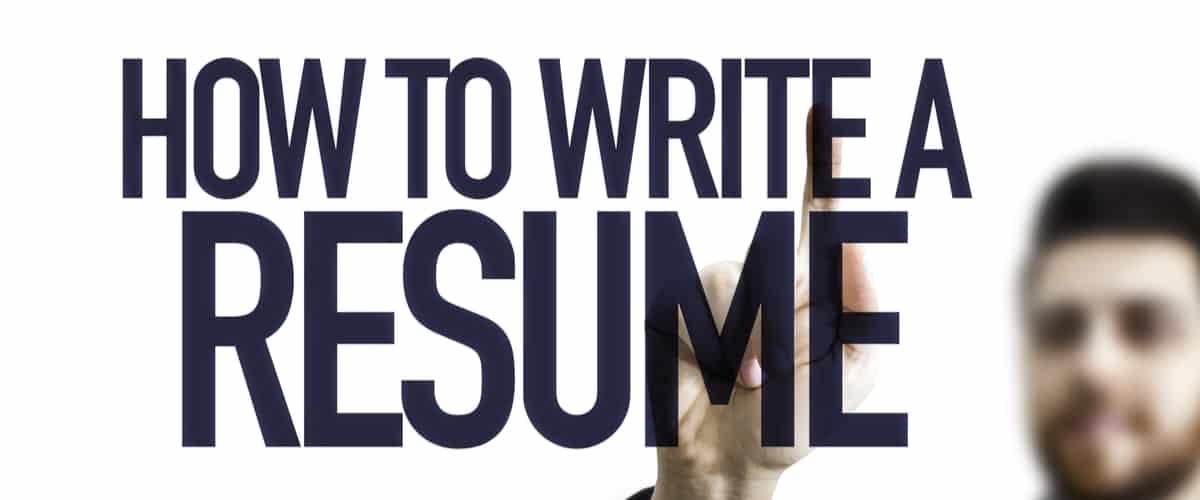
Guidelines for Entry-Level Web Developer Resume
Resume Samples
Are you a recent graduate looking to start your career as a website developer? A great resume is your ticket to an exciting career, and if you follow our step-by-step instructions, you’re sure to be off to a great start.
You already know how important a resume is to get any kind of job. But writing a resume can be challenging, especially at the entry level. What information should you include? What points should you highlight? How should you word it to sound professional?
Keep this in mind: The goal of your cover letter is to grab a recruiter’s attention. And your resume’s goal is to hold the recruiter’s attention and convince them to interview you.
Before you get started, read which resumes recruiters review. This will help you learn what to include and how to highlight it in your own resume.
In particular, for an entry-level website developer resume, you should highlight previous experience, projects, and achievements. You can mention your college GPA if it’s high (over 3.0/4.0) or that you graduated with honors. And be sure to list job-related clubs, activities, or volunteer work.
Apart from this, you should also highlight internships or other types of experience. You might have designed and built a few sample websites that show off your knowledge of HTML, CSS, and PHP. Maybe you’re a whiz with troubleshooting processes, or you have talent as a front-end web developer and high-level back-end knowledge.
Whatever experience you have and no matter what the job requires, you’ll want to show you’re fully capable of doing it. Convince recruiters and hiring managers that you’re the best candidate, and present your experience in a professionally written resume to snag the developer position you want.
-
Start your resume with contact information.
Be sure to check for spelling and consistent spacing. Center the information at the top of your resume, and leave plenty of white space in your upper and side margins.
Name
Email address
Phone number
LinkedIn profile with customized URL (optional)
Your own website (optional)
Social media links if professional and work related (optional)
-
Add your summary statement
What? No objective? That’s right. You might assume that a “job objective” is required, but that’s no longer standard, and it’s considered out-of-date. At this stage, employers aren’t interested in what you want. They want to see what you’re offering and how interviewing or hiring you benefits them. So, get right to your summary statement.
As a recent graduate, you might think you don’t have enough experience for a profile summary. But you must have valuable skills if you’re a web developer, right? Here’s an example of a summary statement that might be partially true for you.
“Website developer certified in SEO with three years WordPress and ecommerce experience. Advanced Photoshop and creative design skills for front-end branding and customizing. Utilize five years customer service experience for positive client relationships.”
Nobody needs to know, at this point, that some of your customer service experience was at a grocery store or as a waiter. It’s a valuable skill no matter how you got it.
Please note: Include a few keywords used in the job posting, but don’t overdo it. If they fit, use them. If your summary looks padded or if certain keywords aren’t accurate and honest, don’t use them.
And whatever you do, don’t fluff it up with anything that’s not specific skills and web design experience. Keep it short, factual, and to the point.
-
List experience in reverse chronological experience
If you’re a recent graduate in your early twenties, you might not have much for this section. But if you think about it, you might have more experience than you realized. List it with the most recent experience first and the earliest experience last.
If you had an internship, enter it just as you would a job with the name of the company, address, and dates of your internship. Mention your official intern title as a subtitle that starts your job description. “Website Development Intern” might have been your title in that company.
Volunteer work always counts as professional experience if you developed transferable skills. Did you design a website for a neighbor, an indie coffee shop, or a local non-profit organization? Even if it wasn’t your best work, it’s experience. See if you can update or improve that site.
Online activities certainly count as experience. Have you acted as a forum moderator on a site for a WordPress theme or other type of web development? If you helped newbies, answered questions, and sorted out technical glitches, that’s valuable experience. And if you run your own professional website, especially if it’s a membership site or monetized, list it.
Finally, you should (almost) never list college courses on a resume. An exception exists, however, for new graduates and young people just starting out. Mention a few upper-level courses that built essential tech skills and knowledge related to the job requirements.
-
Mention honors, achievements, awards, and memberships
If you earned any distinctive awards in college or elsewhere (never mention high school), mention them in a separate section. Include fraternity or sorority membership, honor societies, and membership awards. Local chambers of commerce or business organizations sometimes offer recognition, too. But even if yours doesn’t, you can still list your membership there or in any other professional organization.
-
List your technical skills
In its own section, mention your most relevant technical skills. If the job description requests specific software knowledge, for example, and you have it, list it.
Experience with web applications like email service providers, SEO tools, CRS, Google docs or Google Office Suite, Evernote, social media schedulers, and so on is valuable. You might also mention operating systems you’re familiar with. For example, “Windows, Mac, and Linux expertise” shows your flexibility.
You can also list professional training certificates like Python, JavaScript, and so on. Even without previous work experience, companies need your skills. Make sure recruiters know about them.
Bonus tip! Never list references or use the statement “References available on request.” That’s just not done anymore, at least not in the U.S., and recruiters might think your grandmother wrote your resume. Seriously.
Find the latest entry-level website developer jobs here. And don’t forget to register for free updates. You’ll get complete information about the job search, interview process, and more. And share your thoughts and experience in the comments below!
The information on this site is provided as a courtesy. GradSiren is not a career or legal advisor and does not guarantee job interviews or offers.
Get expert career advice and insights delivered straight to your inbox.

Must Reads SEE ALL ARTICLES

Top 5 tips to design a good Cover Letter

Is an Infographic Resume Right for You?

How to Showcase your Technical Skills in a Resume to Stand-Out from the Rest

Resume Format for On-Campus Placements

Top 7 Skills to Highlight in Resume for Work from Home Jobs






